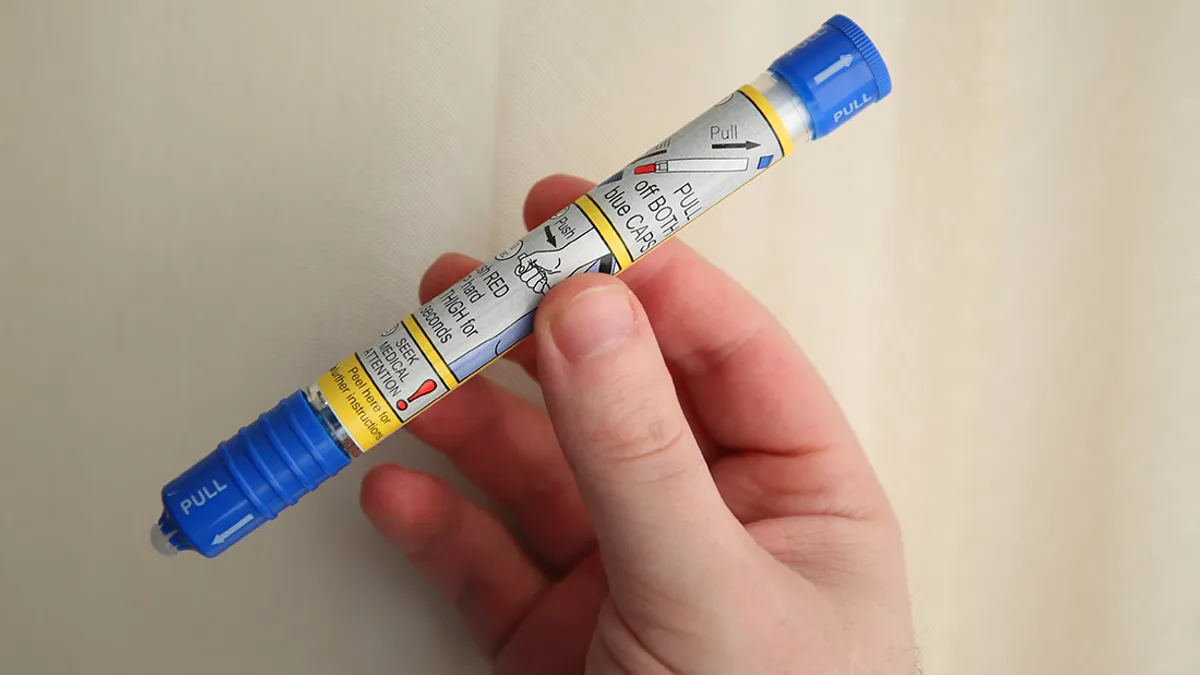
Introduction
In a surprising and groundbreaking discovery, a group of elementary school students has found that EpiPens, the life-saving devices used to treat severe allergic reactions, can become extremely poisonous when exposed to the conditions of space. This unexpected finding has significant implications for space travel and the storage of medical supplies in extraterrestrial environments.
The Discovery
The School Project
The discovery was made as part of a school science project involving students from Valley Elementary School. The project, which aimed to investigate how common medications might behave in space, was supported by a program that encourages young students to engage in real-world scientific research. The students, guided by their science teacher and collaborating with local scientists, selected EpiPens for their study due to their critical importance in emergency medicine.
Experimentation
The students’ experiment involved sending EpiPens into space using a small satellite known as a CubeSat. The EpiPens were exposed to the vacuum of space, extreme temperatures, and high levels of radiation. After the CubeSat returned to Earth, the students, with the help of professional scientists, analyzed the chemical composition of the epinephrine (the active ingredient in EpiPens) to determine if any changes had occurred.
The Findings
Chemical Decomposition
To everyone’s astonishment, the analysis revealed that the epinephrine in the EpiPens had undergone significant chemical decomposition. The harsh conditions of space caused the epinephrine molecules to break down and form toxic compounds that are potentially deadly if administered.
Detailed Analysis
Further chemical analysis identified several specific toxic compounds formed as a result of the epinephrine’s exposure to space conditions. These compounds were not present in the original EpiPens and were found to be highly poisonous, capable of causing severe adverse effects if injected into a person.
Implications for Space Travel
Medical Preparedness
This discovery has profound implications for future space missions, especially those involving long-duration travel, such as missions to Mars or prolonged stays on the Moon. Ensuring the safety and efficacy of medical supplies is crucial for the health and well-being of astronauts. The fact that EpiPens, a critical emergency treatment, can become toxic in space highlights the need for extensive testing and possibly developing new formulations that can withstand the rigors of space travel.
NASA and Space Agencies
Following this discovery, NASA and other space agencies are likely to re-evaluate their medical protocols and the storage of medications in space. This may lead to the development of new materials or packaging methods to protect medications from the extreme conditions of space. Additionally, alternative medications that are more stable in space might be considered for inclusion in medical kits aboard spacecraft.
Educational Impact
Inspiring Young Scientists
The success of the Valley Elementary School students in making such a significant scientific discovery is a powerful example of the potential of young minds. This project not only contributed valuable knowledge to the field of space medicine but also demonstrated the importance of encouraging students to engage in scientific inquiry from a young age.
Future Research Opportunities
The findings of this project may inspire further research by both students and professional scientists. Investigating how other critical medications behave in space could become a new area of study, ensuring that astronauts have access to safe and effective treatments during their missions.
Conclusion
The discovery that EpiPens can turn extremely poisonous in space, made by a group of elementary school students, is a remarkable and unexpected finding with significant implications for the future of space travel. This project highlights the importance of rigorous scientific testing for all aspects of space exploration, including the stability of medical supplies. It also serves as an inspiring example of how young students can contribute to important scientific advancements, potentially shaping the future of space medicine and safety protocols.

